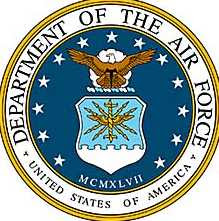To protect our military forces with mortgage relief, termination of leases, protection from eviction, a 6% cap on interest rates and the right to reopen any default judgments made during their active duty, in 2003, President Bush signed into law the Servicemembers Civil Relief Act. This law applied only to obligations that originated before their military service and were still in effect. “Servicemembers” includes all those on active duty in the military and includes National Guard members called up for active duty for more than 30 days.
All lenders should be immediately notified when you go on active duty, and they must receive a copy of your military orders. When put on notice, all interest payments must be reduced to 6% and lender must forgive all pre-service debts exceeding the 6% cap. Your monthly payment must be reduced. This also applies only to debts that were initiated before active service began.
Leases entered into before active service began can be terminated before expiring, giving landlord 30 days advance notice of termination and rent must be paid up to termination date. A private life insurance policy cannot lapse, terminate or be forfeited for nonpayment of premiums while insured is on active duty and for one year after duty ends.
Garnishments and attachments, requested by military personnel or a court, may be stayed or vacated during active service. The court can appoint an attorney to represent the interests of a servicemember.
The Supreme Court ruled that the law must be read with “an eye friendly to those who dropped their affairs to answer their country’s call.”









No comments:
Post a Comment